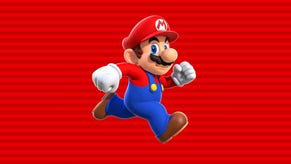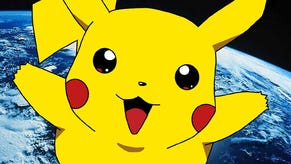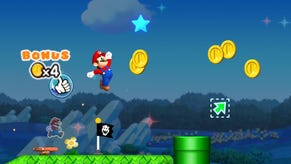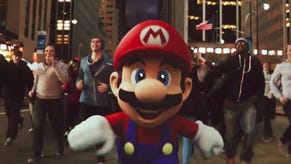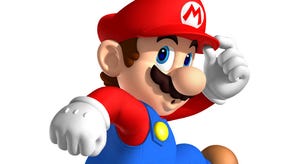What the Heck Does Nintendo Have Planned for Its Mobile Zelda Game?
It's only a rumor, but a it's a feasible one. Which begs the question: Given Super Mario Run's failure to make cash, what can we expect from a mobile Zelda game?
This article first appeared on USgamer, a partner publication of VG247. Some content, such as this article, has been migrated to VG247 for posterity after USgamer's closure - but it has not been edited or further vetted by the VG247 team.
Nintendo learned some important lessons when it released its first mobile Mario game, Super Mario Run, on iOS late last year.
Lesson one: As a brand, Mario is a powerhouse. People young and old adore the round-faced plumber, especially when he drives like a maniac.
Lesson two: Regardless of Mario's stellar reputation, his name is not enough to convince people to pay up front for a mobile app.
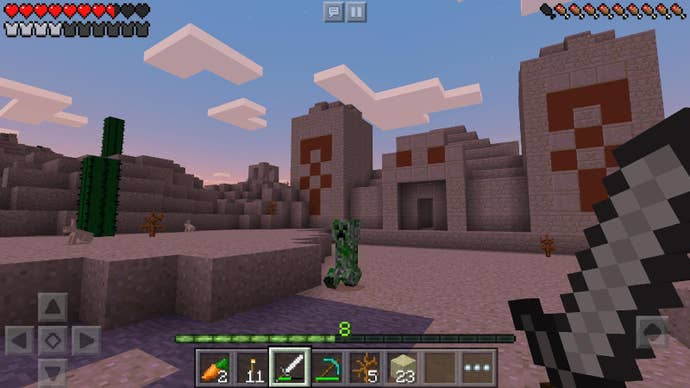
For better or worse, humanity's internal mantra for the mobile games market is "You can't force me to pay for anything." Sure, folks will dish out hundreds of thousands of dollars a day to make in-app purchases in Clash of Clans or Clash Royale, but said purchases are done thoroughly on players' own terms. If you ask users to cough up a lump sum right at the start of their experience, they will shut you down – unless you're selling a game for $0.99, or hawking Minecraft: Pocket Edition.
All this has me wondering about what Nintendo has planned for its rumored Legend of Zelda mobile game. Paid apps are clearly a bust for the company, but its free-to-play games have been profitable. Zelda mobile's final form will depend entirely on Nintendo's monetization plans for the game.
See, Super Mario Run isn't the only mobile game Nintendo has on the market. Fire Emblem Heroes is also out there. Unlike Super Mario Run, it's a free-to-play title, and for what's essentially a B-tier Nintendo property, it makes decent cash with its in-app purchases. In fact, Fire Emblem Heroes earns more money than Super Mario Run, even though it's been downloaded fewer times than the latter.
And let us never forget Niantic's Pokémon GO which is still one of the App Store's highest-grossing games. It, too, is a free-to-play title.
When it became clear people aren't willing to pay $9.99 USD for Super Mario Run, I offered some suggestions on how Nintendo can court a buying audience. I'm not a professional analyst by any stretch of the imagination (the jury is out on whether I'm a "professional" anything; I point and laugh at my screen every time I type out the first four letters of the word "analyst"), but I've written a great deal about mobile games across several sites that specialize in the medium. I picked up on patterns that Nintendo ignored when it launched Super Mario Run – and still chooses to ignore.
Nintendo could have permanently dropped Super Mario Run's price. It never did. It could have run promotions and sales to temporarily drop the game's price. It never did. We've seen a few updates since the game's launch, and some have been substantial, but I don't feel like I've received my $9.99 worth. I paid Super Mario Run's asking price under the assumption that Nintendo would add new single-player levels regularly. More fool me, I suppose.
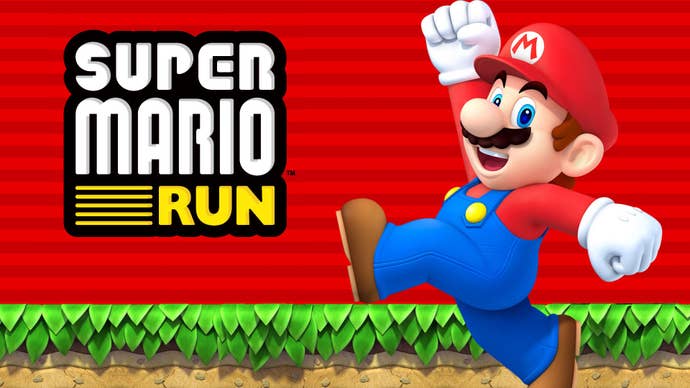
Though it says otherwise, I believe Nintendo's lost interest in paid apps now that it has solid evidence its characters' appeal can't usurp the market's bottom-dollar pricing. And with Fire Emblem Heroes and Pokémon GO still making money, we have to wonder what form the fabled Zelda mobile game will ultimately take.
Free-to-play mobile games are structured differently from paid games. Compare Super Mario Run with Fire Emblem Heroes. The former is essentially a New Super Mario game, even if it's engineered to be played with one hand. The latter is a scaled-down Fire Emblem title that's less about strategy and more about spending money for a chance to draw your favorite heroes.
To be clear, I'm not against Fire Emblem Heroes or free-to-play games in general. I think for what it is, Fire Emblem Heroes is a fun distraction. Quality-wise, does it match up to a traditional Fire Emblem game? Heck no – but I believe it does a great job getting me interested in the full-scale Fire Emblem titles that exist on (and are coming to) Nintendo 3DS and Nintendo Switch.
That said, Fire Emblem is a series that's well-suited for the free-to-play mobile format. It features a cast of millions, and "I want Lyn!" is good motivation to keep plugging money into the game's Gashapon system. Square-Enix first understood the power of nostalgia years ago: Free-to-play games like Final Fantasy: Record Keeper and Final Fantasy Exvius are likewise titles that encourage you to keep feeding them money until you get your favorite characters, and both are huge hits for the company.
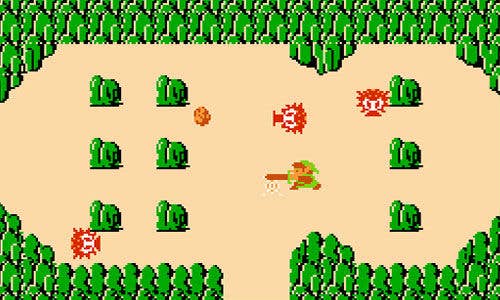
The Zelda series, on the other hand, doesn't lend itself quite as well to character-related Gashapon profit. Link traditionally takes point as the series' sword-swinger, and though other characters lend a hand from time to time, he prefers to journey on his own. And, let's be honest – is anyone going to buy hard currency in hopes of drawing a Beedle to call their own?
(Maybe you shouldn't answer that.)
For all my years reviewing about and consulting on mobile games, I'm at a loss to imagine what Nintendo has planned for its phone- and- tablet-based Zelda title (should it exist). Could it be a reasonably-priced top-down game in the vein of the original Zelda, which wouldn't be difficult to control with a touch screen? Could it be a free-to-play companion game for Breath of the Wild? Could it be a free-to-play traditional 2D Zelda game that lets you unlock new areas with hard currency?
I don't particularly like that last idea, by the way, but it's the most feasible answer – and man, it'd make a ton of money.
Kat has pointed out that turning beloved properties into free-to-play cash farms cheapens its overall brand, but regardless of whether that's true, Pokémon GO proves people are willing to spend stupid amounts of money on in-app purchases for mobile games based on Nintendo's properties. And I suppose the bolstered sales numbers for Pokémon Sun and Moon proves that Pokémon GO didn't cause people to think any less of Pokémon in the long-term. Quite the opposite, in fact.
In other words, brace yourself: Free-to-play Zelda is coming.
Despite getting burned by Super Mario Run, I'd prefer to pay up-front for a mobile Zelda game. There's a song about not always getting what you want, though, and it's currently ringing through my head.


